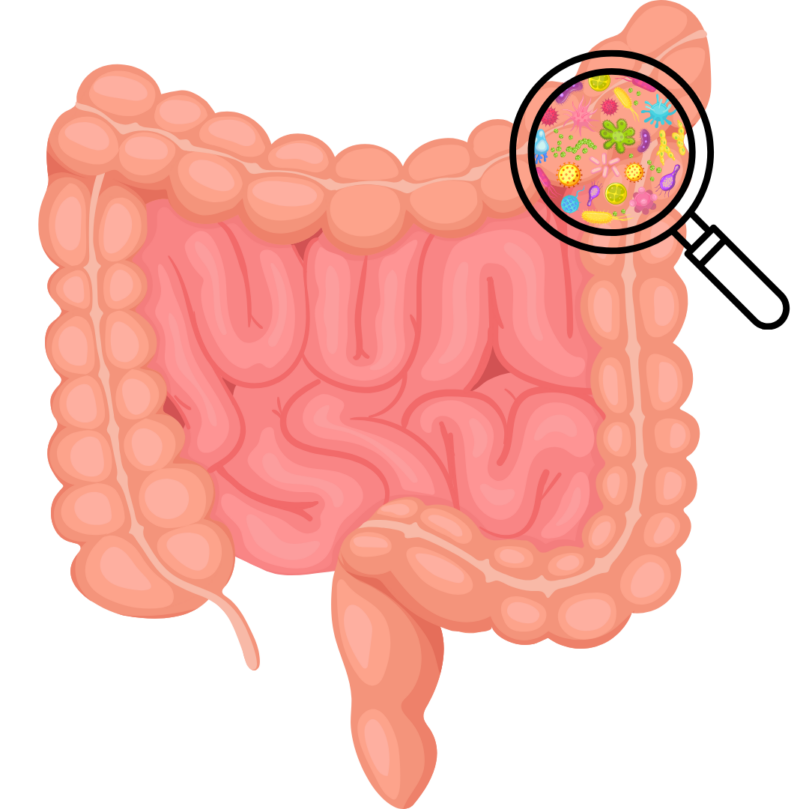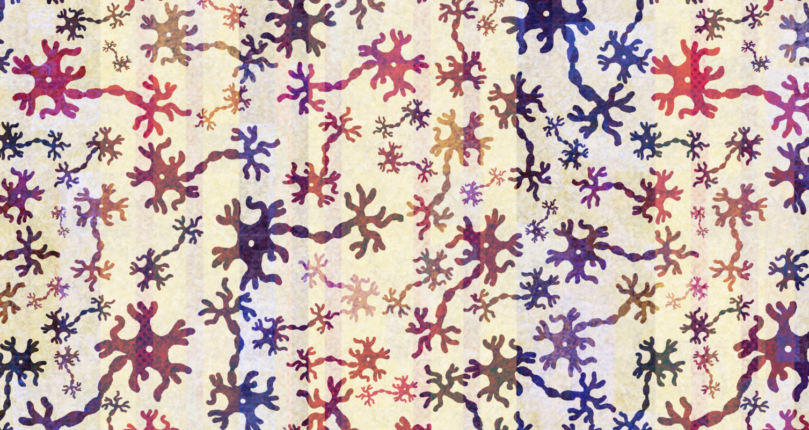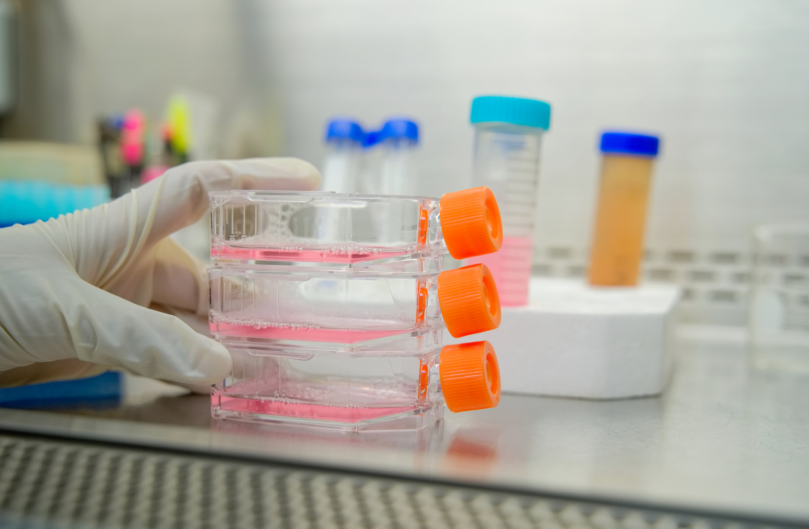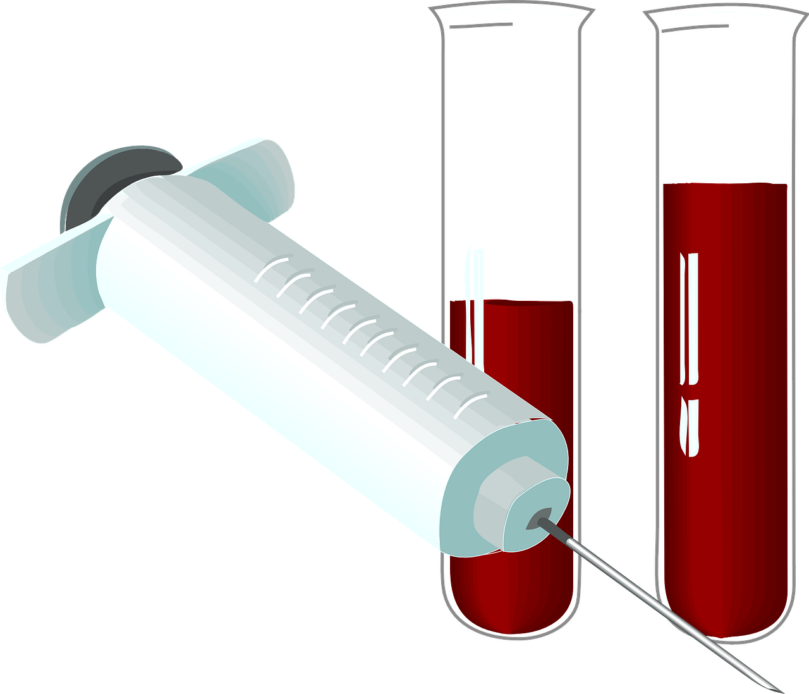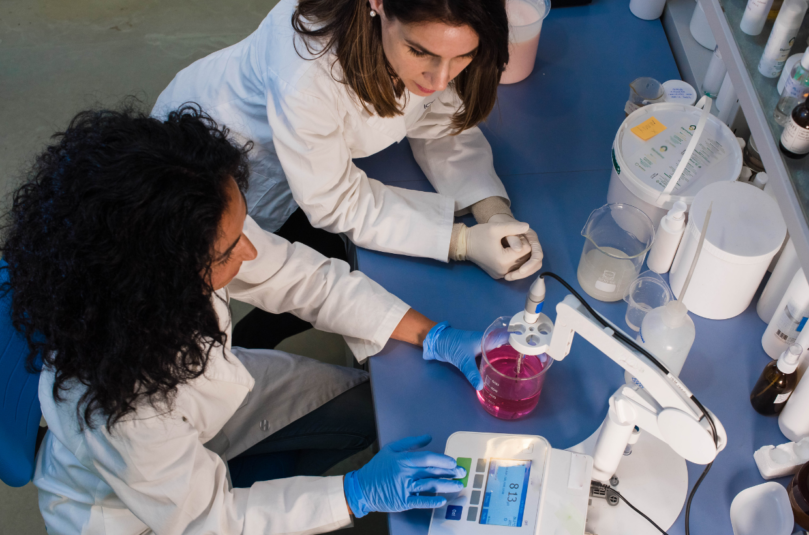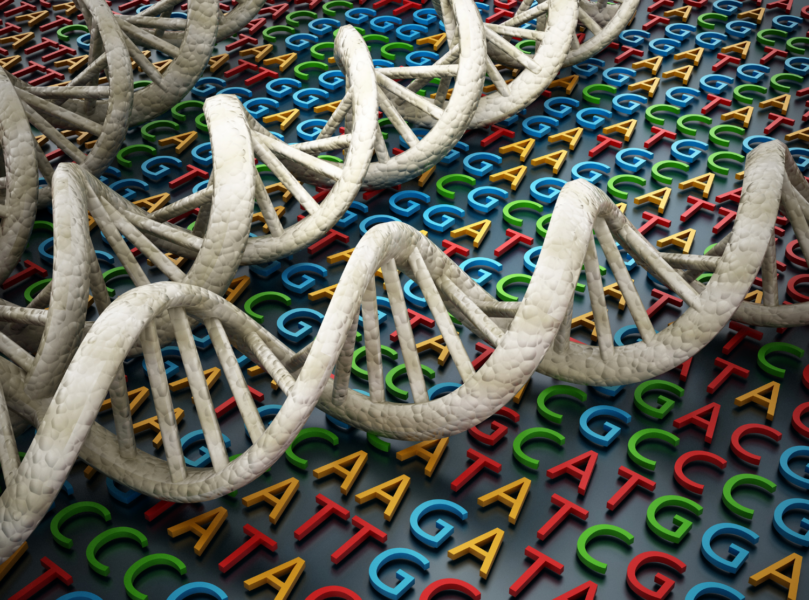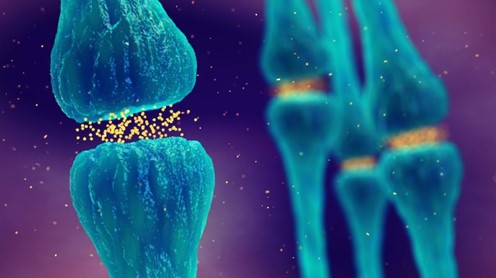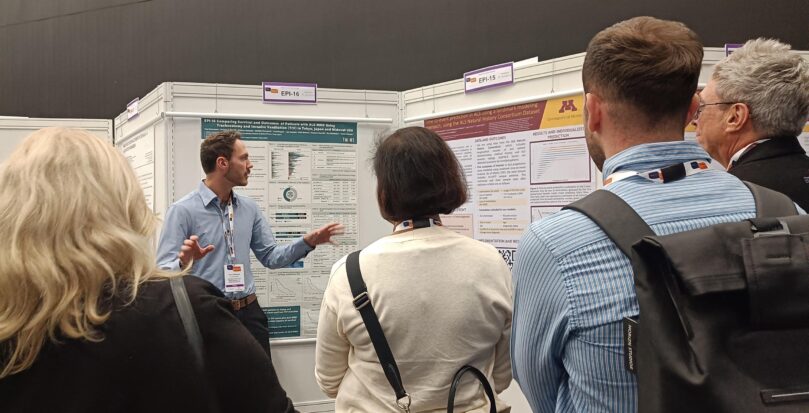
How can tissue donation help MND research?
Reading Time: 6 minutes Please note that this blog talks about sensitive topics such as death and tissue donation throughout. Researchers use many different tools to increase our understanding of the underlying biology of the disease. These can be animal models of MND, biological samples from people with MND and brain tissue from people that have died from the…

